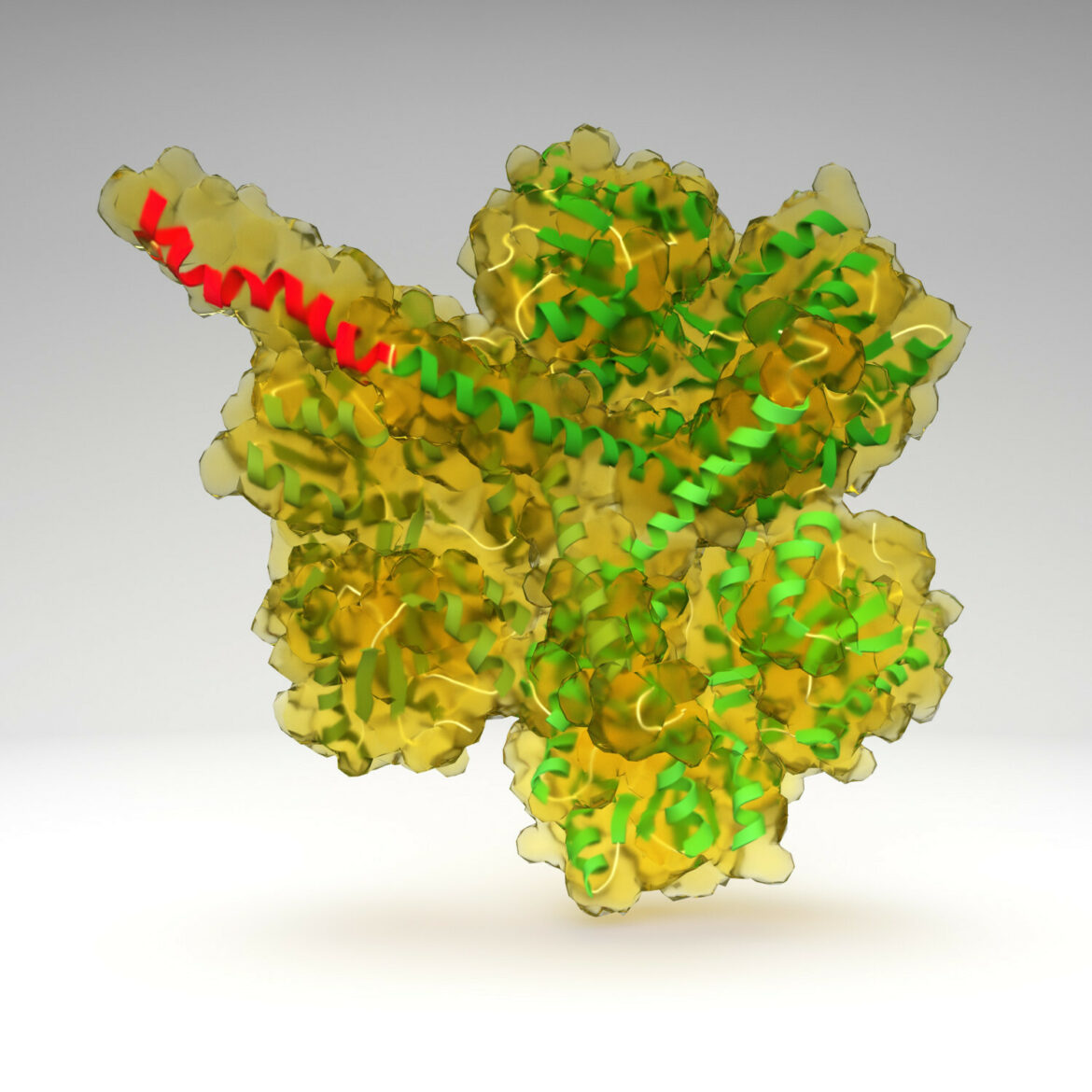Scientists at the Centre for Life Sciences and Biotechnology at Łukasiewicz – PORT are working on therapies that could lead to breakthroughs in the treatment of serious medical conditions. The focus of research by Dr Agnieszka Krzyzosiak and the Neurodegeneration Mechanisms Research Group she leads is an innovative approach to treating Huntington’s disease.
Huntington’s disease is a rare genetic neurodegenerative disease that is estimated to affect 5 per 100 000 people. As the disease progresses, its most severe symptoms include uncoordinated, involuntary movements, motor problems, emotional symptoms such as depression and cognitive impairment.
It is the most common neurodegenerative disease for which only one genetic factor is responsible. The direct cause of the disease is the expansion of the polyglutamine chain in the huntingtin protein, which leads to the aggregation of this protein and thus a series of dysfunctions in the cell, deregulation of cellular proteostasis and ultimately cell death, i.e. death of neurons in the brain.
The greatest risk factors for the disease include age (35-50 years).
‘In our work, we study the molecular basis of Huntington’s disease, focusing primarily on protein quality control processes in order to better understand the process of huntingtin accumulation in the cell’, explains Dr Agnieszka Krzyzosiak, leader of the Neurodegeneration Mechanisms Research Group at Łukasiewicz – PORT. ‘Our previous studies have confirmed that a cell in which cellular proteostasis has been pharmacologically enhanced is better able to cope with the process of aggregation of the pathogenic protein. Knowing that this approach, i.e. targeting protein quality control processes, is effective, we are currently looking for new therapeutic targets’, adds Dr Agnieszka Krzyzosiak.
The innovative aspect of Huntington’s disease research at Łukasiewicz – PORT is the use of human models from patients as an alternative to animal models.
Adrian Andrzejewski





